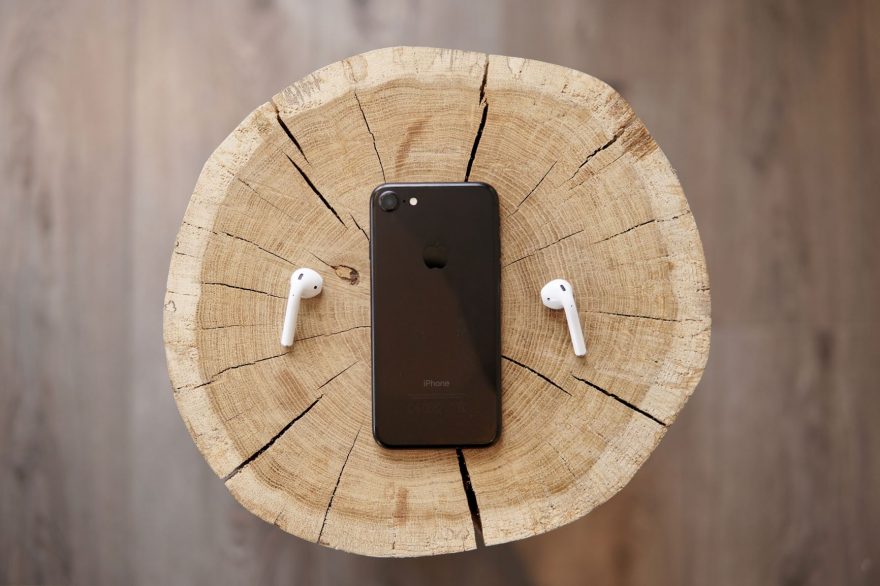So, you have spent hours working out how best to run your meeting or workshop, you have a plan, you have the timing perfect… then the workshop starts, and you watch as your plan gets up and leaves the building!
In this podcast, Paul gets experienced facilitators Richard and Rob to share some of their secrets so that you look like everything is running to plan; you end up exactly where you said you would end up, even if you don’t quite know how you got there.




